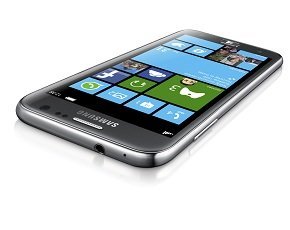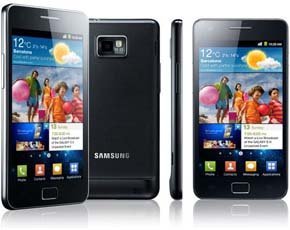UK faces BlackBerry outage again
BlackBerry-maker Research in Motion (RIM) has issued a statement apologising for yet another service outage across the UK, Europe and the Middle East.
RIM said: “We are currently experiencing a BlackBerry service issue affecting some users in Europe, Middle East & Africa. All relevant support teams are working to resolve the issue. We apologise to any customers who may be affected.”
The ailing smartphone company has had a number of high profile outages and is facing commercial pressure from Apple and Android smartphones that are capable of providing "good-enough" email security for all but the most security-conscious IT environments.
In October 2011, users experienced the largest outage in the history of the BlackBerry service. The three-day outage affected major businesses and government departments that rely on RIM's enterprise messaging service to deliver mobile email.
This latest services distribution could put into question whether businesses should rely on BlackBerry smartphones, due to the single point of failure within RIM's network and IT infrastructure.
In the past, users relied on the BlackBerry service – which has proven to be highly resilient – due to the high-level of security offered through the BlackBerry Enterprise Server. The service was certified by the CESG, the UK Government's National Technical Authority for Information Assurance, for restricted data access within the government. But Apple and Android are working towards certification and these outages increase the pressure on RIM.





